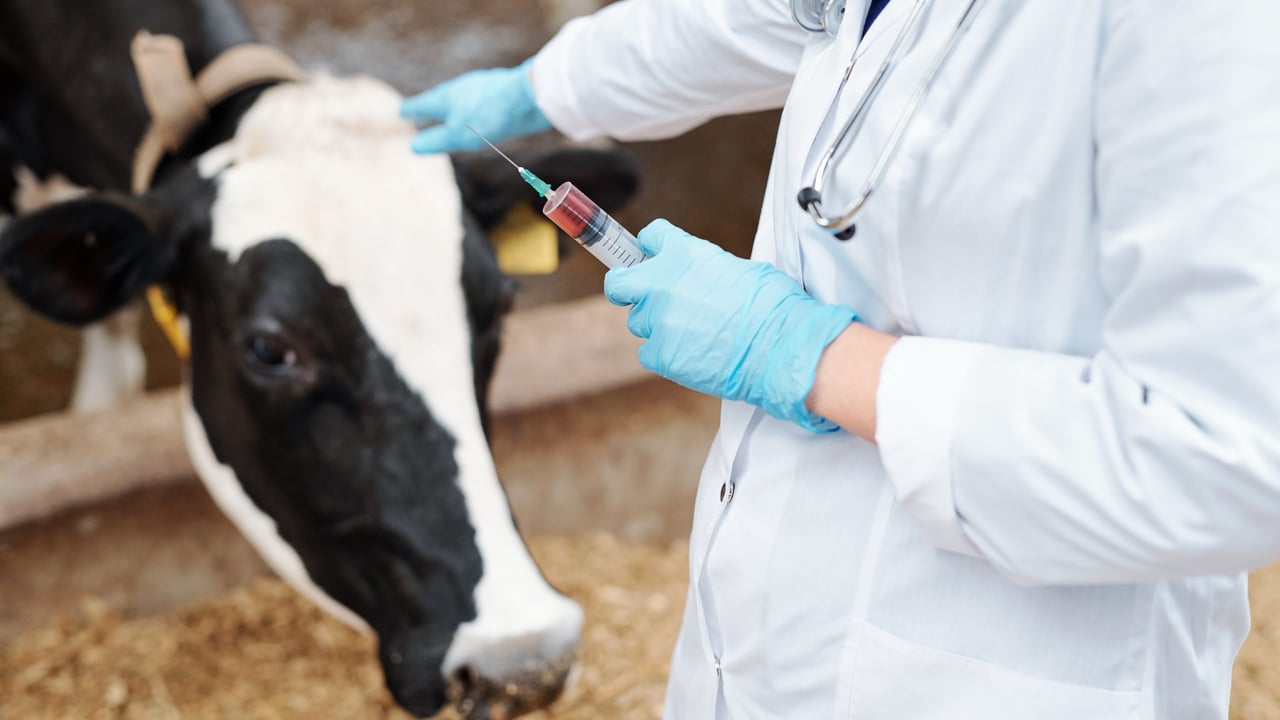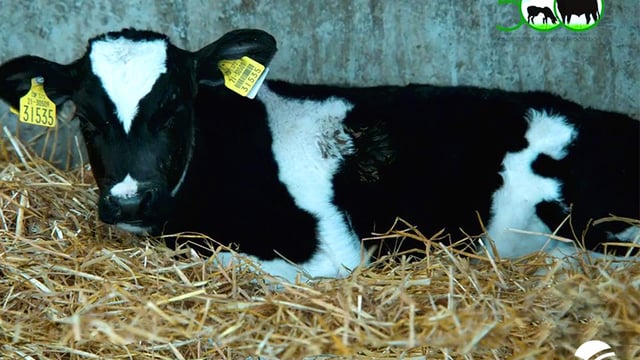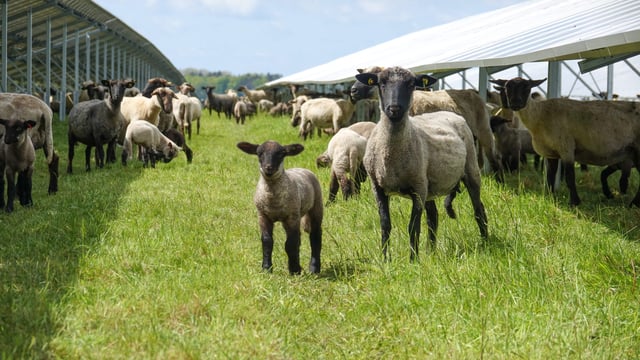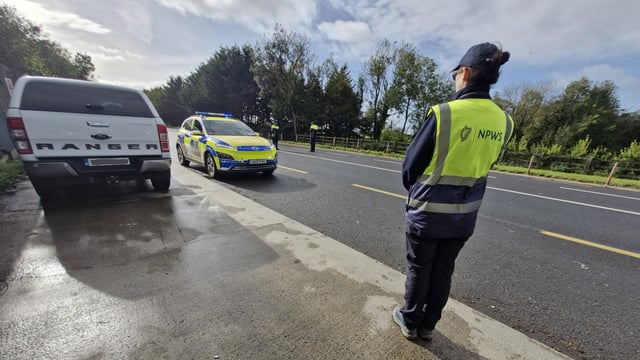New consultation on proposed fees for 2026 vet medicinal products
The Health Products Regulatory Authority (HPRA) has today (Monday, October 6) launched a public consultation on proposed fees for 2026 veterinary medicinal products.
The HPRA, which regulates medicines and devices for the benefit of people and animals, has proposed increasing fees "by 2.5% to reflect wage and general inflation".
According to the authority its "volume of work has increased and the need for additional resources has resulted in a challenging operating environment".
The public consultation on the proposed fee increase is available on the HPRA website and it has said "replies are welcome from all stakeholders".
The authority, which reviews its fees each year, highlighted today that the implementation of new vet medicines rules (New Veterinary Regulation) on the authorisation and use of veterinary medicines in the European Union continued to be a "challenge in 2025".
Currently a veterinary prescription is required in other European Union member states for all antiparasitic veterinary medicinal products for food producing animals.
This is also set to come into effect in Ireland from December 1, 2025.
Veterinary medicines products
According to HPRA it is priority to "match resources from fee income with current work volumes and to plan for future activity".
In the consultation document it stated that in 2026, licensing volumes are expected to be consistent with 2025 and costs are expected to increase.
"Payroll costs were significantly less than planned in 2025 due to delays in approvals which meant that positions were unfilled for a large part of the year.
"However, in 2025 we experienced significant payroll costs arising out of the government pay deal for the public sector which will also impact 2026.
"Increased staff numbers reflect delays in recruiting in 2025and further staff requirements," the HPRA set out.
The authority said that an external review of its vet sciences department last year recommended an "uplift" in staff numbers on a phased basis during this year and next.
It also noted that a particular area of concern "is increased litigation, particularly in the area of judicial review and personal injury claims".
"While the HPRA’s veterinary science department successfully defended a judicial review running over a number of years, the result of this is increased costs and resources dedicated solely to work which delivers nothing under our animal health remit," it added.
DAFM
According to HPRA there continues to be "significant work" on the New Veterinary Regulation (NVR) and "extensive consultation" with the Department of Agriculture, Food and the Marine (DAFM) in 2025, and "this will continue into 2026".
It has also warned that the HPRA "business model for veterinary medicinal products" has been affected by the new legislation, and by further foreseen complementary national measures.
"While the NVR was intended to reduce the administrative burden, including within national competent authorities, in practice the opposite has been our experience.
"While the HPRA has adapted our risk assessment policies to focus on changes that have most impact, there will be a need for increased compliance monitoring in the years ahead.
"Public scrutiny and the role of the regulator in relation to medicines has increased and compliance activity, particularly outside ofIreland, is also increasing," it warned.
The HPRA also confirmed today that it has started the process of developing its new strategy for the period 2026 to 2028.











